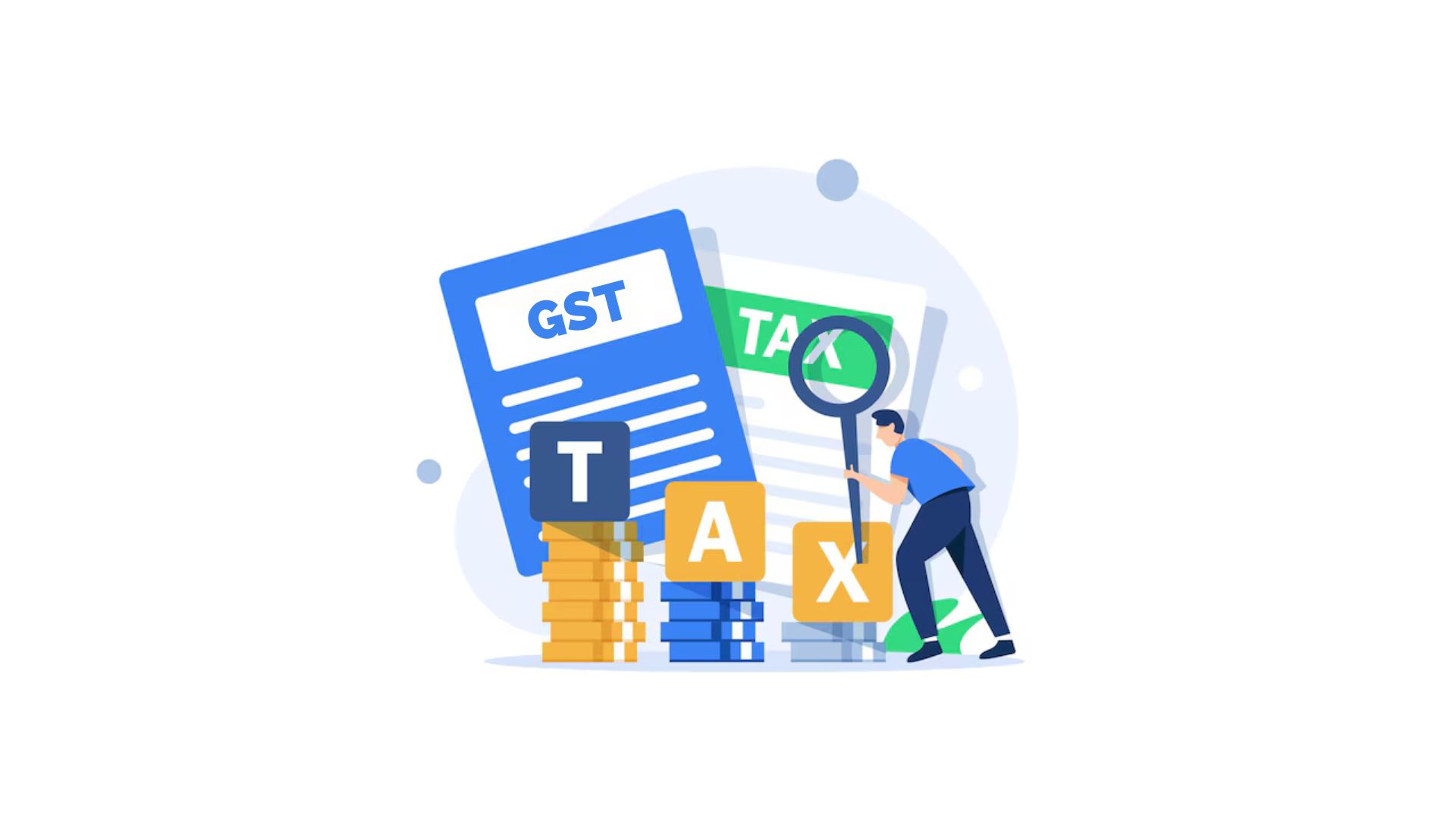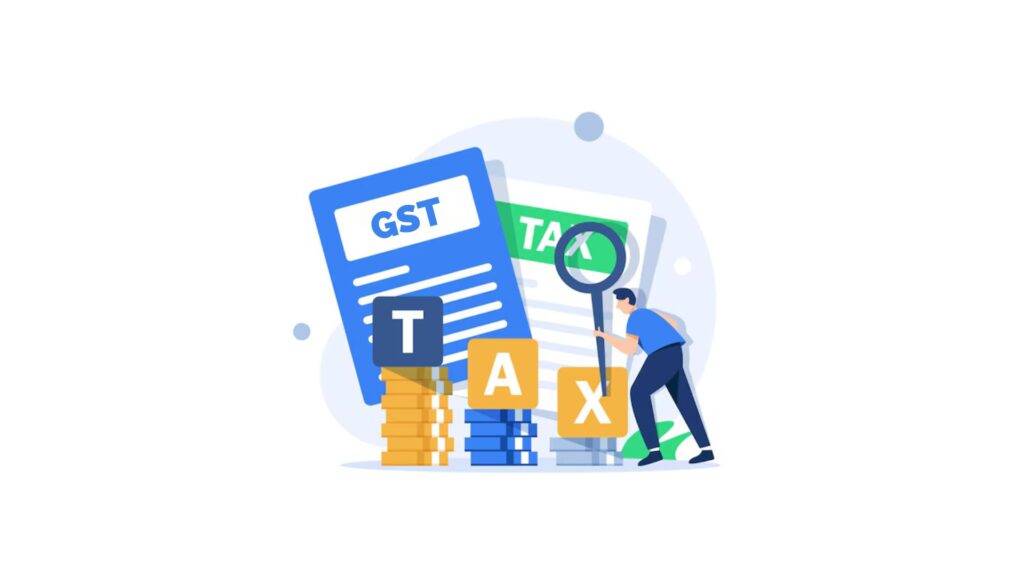
27 May The ITC Dilemma: Rights, Concessions, and Constitutional

The Goods and Services Tax (GST) framework in India has brought about significant changes in the taxation system, aiming to streamline the process and reduce the cascading effect of taxes. One crucial component of this system is the Input Tax Credit (ITC), which allows taxpayers to claim credit for the taxes paid on inputs, thereby reducing the overall tax liability. However, the nature of ITC as a concession or a right has been a subject of debate, with contrasting views from the government and taxpayers.
Introduction
The implementation of the Goods and Services Tax (GST) in India marked a significant shift in the country’s taxation landscape. With the aim of simplifying tax compliance and fostering a unified market, GST introduced several reforms, one of which is the Input Tax Credit (ITC) mechanism. Under this system, businesses can claim credit for the taxes paid on inputs, effectively reducing their tax liability. However, the interpretation of ITC as either a concession or a right has sparked debates among stakeholders.
Understanding ITC: A Brief Overview
To grasp the nuances of the ITC conundrum, it’s imperative to comprehend the concept itself. In essence, Input Tax Credit allows businesses to offset the tax paid on inputs against their output tax liability. This mechanism prevents the cascading effect of taxes, where tax on tax is levied at multiple stages of production or distribution. By enabling businesses to claim credit for taxes paid on inputs, GST aims to streamline the tax system and promote economic efficiency.
The Concessions vs. Rights Debate
The crux of the ITC debate lies in the interpretation of Section 16(4) of the GST Act, which outlines the conditions for claiming input tax credit. Some argue that these conditions, such as time limits for claiming credit and the requirement for the supplier to have paid taxes to the government, portray ITC as a concession rather than an inherent right. However, proponents of the latter view contend that ITC is indeed a right earned by taxpayers after fulfilling the prescribed conditions.
The Constitutional Perspective
Beyond statutory provisions, the debate over ITC also delves into constitutional dimensions. Article 300-A of the Indian Constitution safeguards the right to property, which includes the right to claim ITC accrued on taxes paid to vendors. From this standpoint, denying or treating ITC as a mere concession would infringe upon the constitutional rights of taxpayers. Recognizing ITC as a substantive right aligns with constitutional principles and ensures fairness in tax administration.
Conclusion
In essence, the ITC conundrum transcends mere legal interpretation; it embodies the principles of fairness, efficiency, and constitutional rights. While some may perceive ITC as a concession contingent upon statutory conditions, a more holistic view recognizes it as an inherent right earned by taxpayers. By acknowledging ITC as a right and upholding its constitutional validity, policymakers can foster a tax regime that is not only legally sound but also equitable and conducive to economic growth.


No Comments